As we look ahead to a new year, I have asked some Memphians who care deeply about their city’s future for their resolutions or reflections for 2024. I am deeply grateful for their thoughtful submissions.
Today’s post features Josh Spickler, executive director of Just City, and Ernest Strickland, president/CEO of Black Business Association of Memphis.
Josh is an attorney and former public defender who is a leader in meaningful justice reform in Memphis. His comments have even more relevance in the wake of 170 business leaders in Memphis asking for greater state government involvement in crime prevention. Ernest heads up the organization whose mission is to improve the economic well-being by developing successful entrepreneurs and MWBEs. His work at BBA becomes even more crucial in creating Black wealth in the coming years.
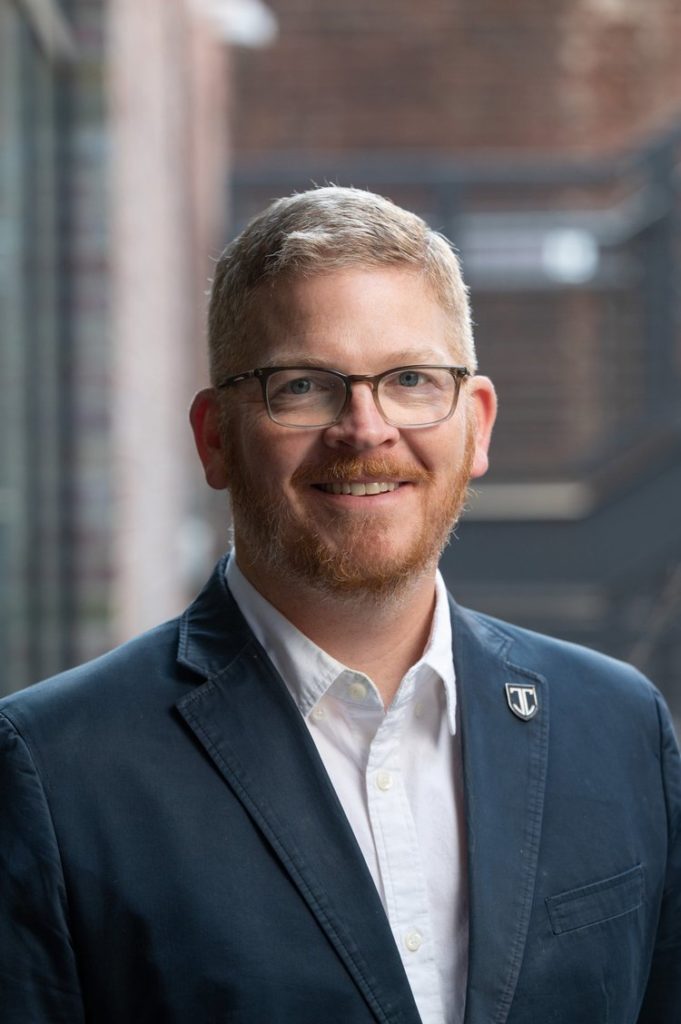 Josh Spickler, executive director of Just City:
Josh Spickler, executive director of Just City:
My hope for 2024, like so many of my friends and neighbors, is that our community will begin to make progress in our struggle against the violence and harm that surrounds us. This time of year is about new beginnings, and the City of Memphis has new leadership and new opportunities to change the discourse about safety and how to achieve it.
We have the potential for transformational and meaningful criminal justice and public safety reforms, but how do we take full advantage of this opportunity?
I believe it starts with a corporate recognition that strategies for responding to crime are very different from those focused on reducing crime. Just this past week, the new Memphis Mayor convened a task force and announced he would adopt a crisis response to crime much like the approach the City took with COVID-19. Despite the presence of a few new faces, the promises made and those making them were overwhelmingly law enforcement in nature. The statements, like so many before, were about a renewed focus on decades-old responses to crime that have failed miserably at reducing crime.
The assembled leaders called for increased penalties, faster prosecutions, court-based programing, more prosecutors, and new ways of policing. In other words, they want to continue doing the same things we’ve been doing for decades, only faster and with more intensity.
Not a single one of these approaches will reduce the violence and harm coursing through our community.The persistent violence that plagues our city is born of economic inequality; the hopelessness that accompanies it; and guns — lots and lots of guns. Strategies to reduce it should primarily focus on those issues, and fortunately for us, many other cities just like ours have already successfully implemented some of them.
We know what reduces violence. There is evidence. There are proven strategies. So, my hope for the new year is that we will begin to embrace efforts to reduce crime and violence and reject policies that simply respond to it.
For example, in just the last three years, more than half of the 48 Offices of Violence Prevention and Offices of Neighborhood Safety (OVP/ONS) across the country have come online, with ten more offices in the works, and Federal grant money is often used to launch them. This exciting, rapidly expanding approach calls for a coordinated, whole-community response to violence, not just crime. It requires the participation of many of the agencies represented at the Mayor Young’s press conference last week, but, critically, an OVP/ONS must also include community representation. Perhaps most importantly, it must have a clearly defined mission and scope; significant executive and political authority; and dedicated funding.
The time for task forces and strategy sessions is over. It’s time to take action by creating the Memphis Office of Violence Prevention and Office of Neighborhood Safety. And while we need the support of law enforcement, courts, and elected officials, it’s time to include, empower, and resource community members, who are already engaged in violence prevention. The road map exists; plenty of other cities, like Louisville, have gone before us.
In 2024, I hope our new leadership will take full advantage of this opportunity by committing significant resources to a new office like this and set it up according to best-practices — outside of existing law enforcement infrastructure — and with the full authority it needs to effectively reduce crime and violence in Memphis.
***
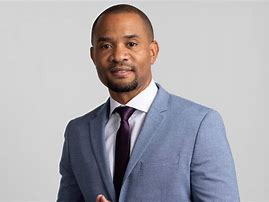 Ernest Strickland, president/CEO, Black Business Association of Memphis:
Ernest Strickland, president/CEO, Black Business Association of Memphis:
As we step into 2024, my resolution is a commitment to elevate Memphis by championing the importance of building wealth within the black community. I’m passionate about fostering collective thinking that empowers individuals and contributes to a better future for our city.
This year, I aim to spend more quality time with my aging grandparents, cherishing the wisdom they impart and creating lasting memories. Alongside my son, Mille Manny, we will continue building our innovative music company, striving to develop him into a global superstar.
Prioritizing my well-being, I plan to perform hot Pilates training four days a week, combined with daily walks around Shelby Farms, ensuring a holistic approach to improved wellness. Additionally, I look forward to a rejuvenating family vacation, fostering stronger bonds and creating moments of joy.
Here’s to a year of meaningful connections, entrepreneurial endeavors, wellness, and the collective pursuit of building a prosperous future for Memphis.

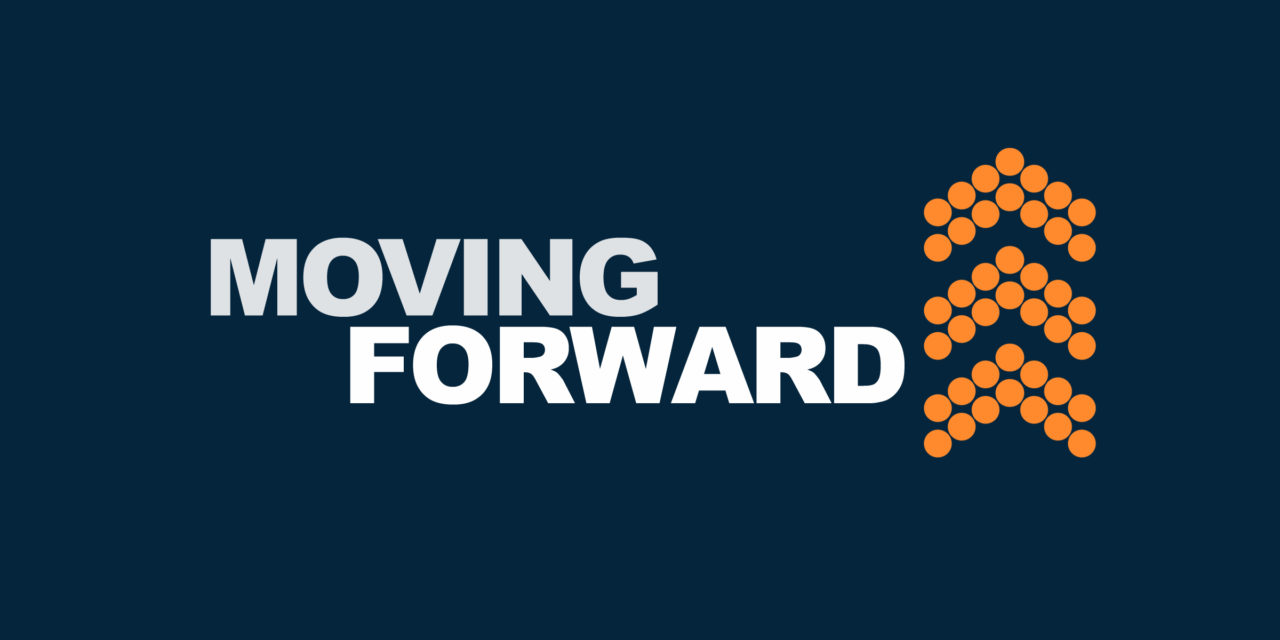

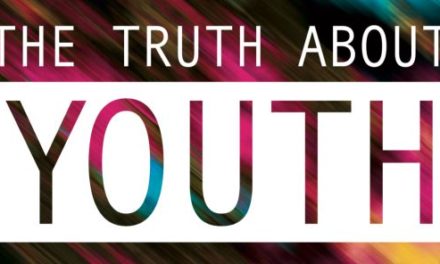
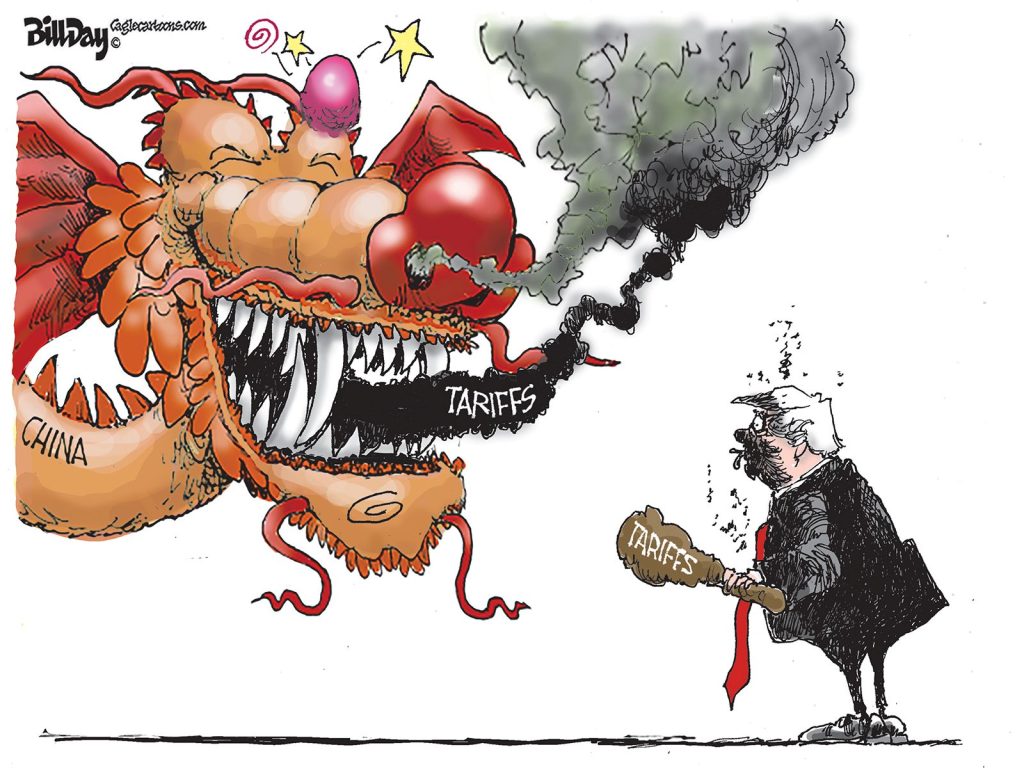
I wholeheartedly agree with Josh. On a more specific level, I have long thought that finding and keeping employment for young people, say 17 — 24, could be a powerful crime lowing tool. Keeping employment would require on-going counseling to insure that young employees had transportation, child care, and other needs covered. These employment opportunities should concentrate on our worst apartment complexes — the most dangerous and difficult places to live in Memphis,
I’m not gonna say what I truly want to say about Josh but I’ll say this. Josh is extremely delusional and dangerous. And if the city follows Josh train of though the decline of the city will worsen. Josh’s assumption that people commit crimes because of poverty on the whole is classist. People commit crimes because they want to, not because of circumstances, especially when there are so many free resources out here to help poor people. My BLACK grandparents were dirt poor with a middle school education, grew up with no running water or power, yet they were law-abiding citizens that worked hard for everything they owned. Before they died they owned homes, cars, kitchen filled with food because they didn’t make excuses and did what needed to be done.
The majority of the crimes happening in Memphis are done by repeat offenders. These people need to be in jail and stay in jail. Our government doesn’t have the power to fix the societal problems plaguing the city and the country … that starts at home. Poor people or people with unchecked mental issues shouldn’t have children but the overwhelming majority of them do … that’s the REAL problem.